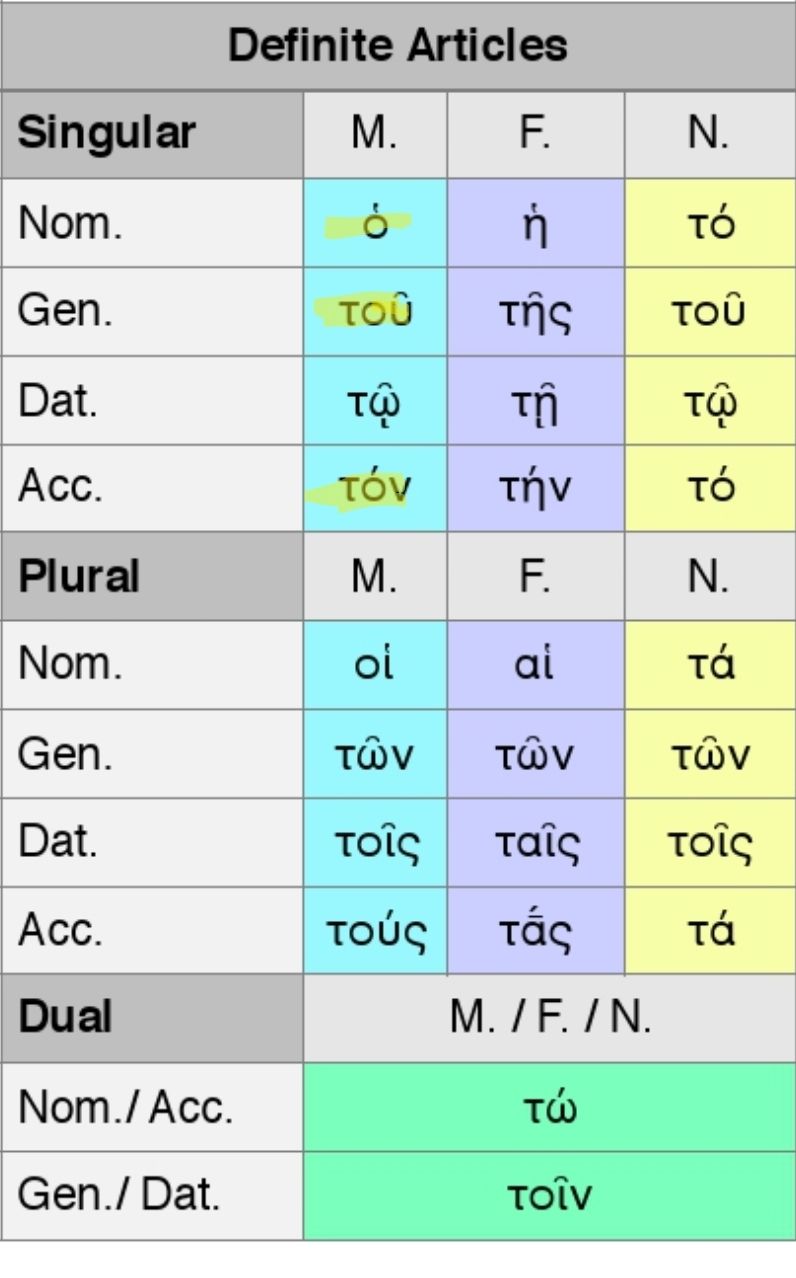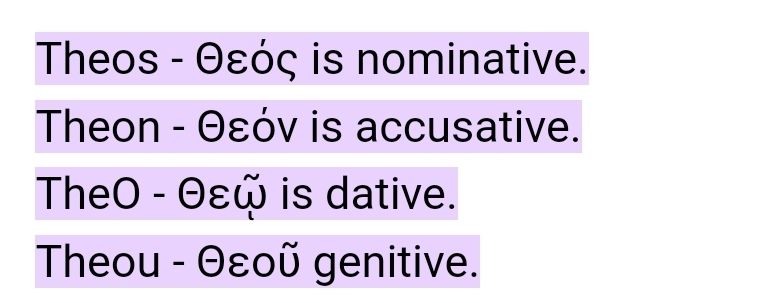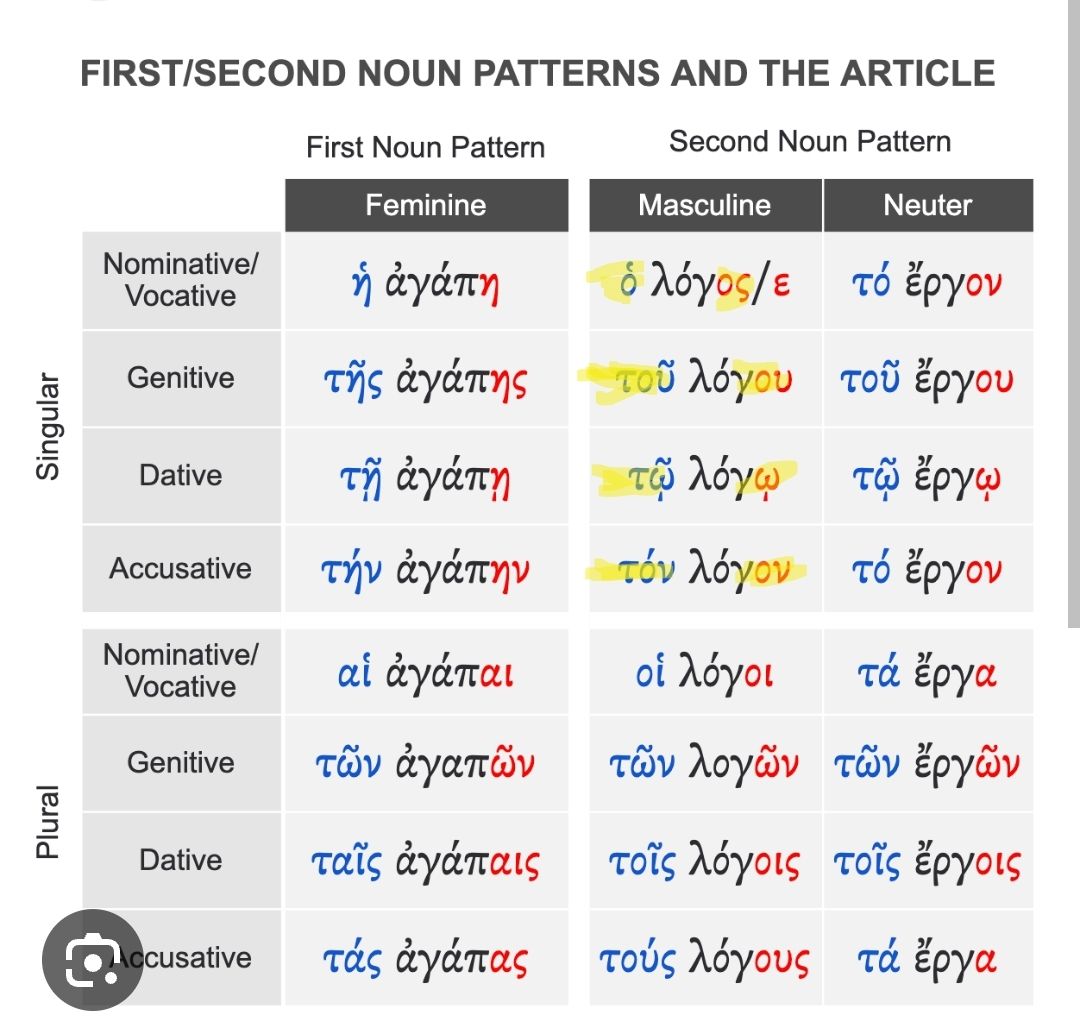- Jun 22, 2023
- 1,173
- 89
Neither the Hebrew to english from psalms 45:6 nor the greek to english from hebrews 1:8 states "O god of the living one" that I read.
Psalm 45:6 Hebrew Text Analysis
biblehub.comHebrews 1:8 Greek Text Analysis
biblehub.com
Nor any translation from Hebrews 1:8 that I read

Hebrews 1:8 - Bible Gateway
www.biblegateway.com
In addition to about the Son
He also says,
“In the beginning, Lord, you laid the foundations of the earth,
and the heavens are the work of your hands.
11 They will perish, but you remain;
they will all wear out like a garment.
12 You will roll them up like a robe;
like a garment they will be changed.
But you remain the same,
and your years will never end.
That is because they did not bother to translate it.







